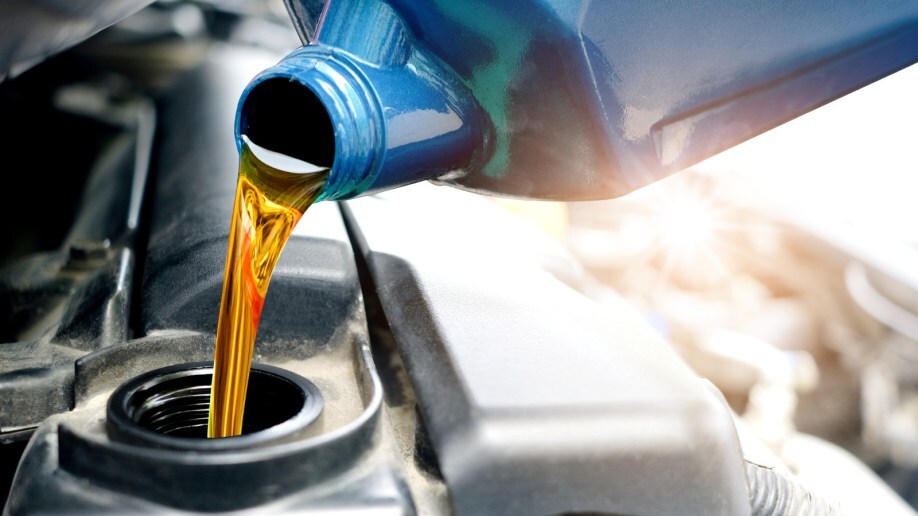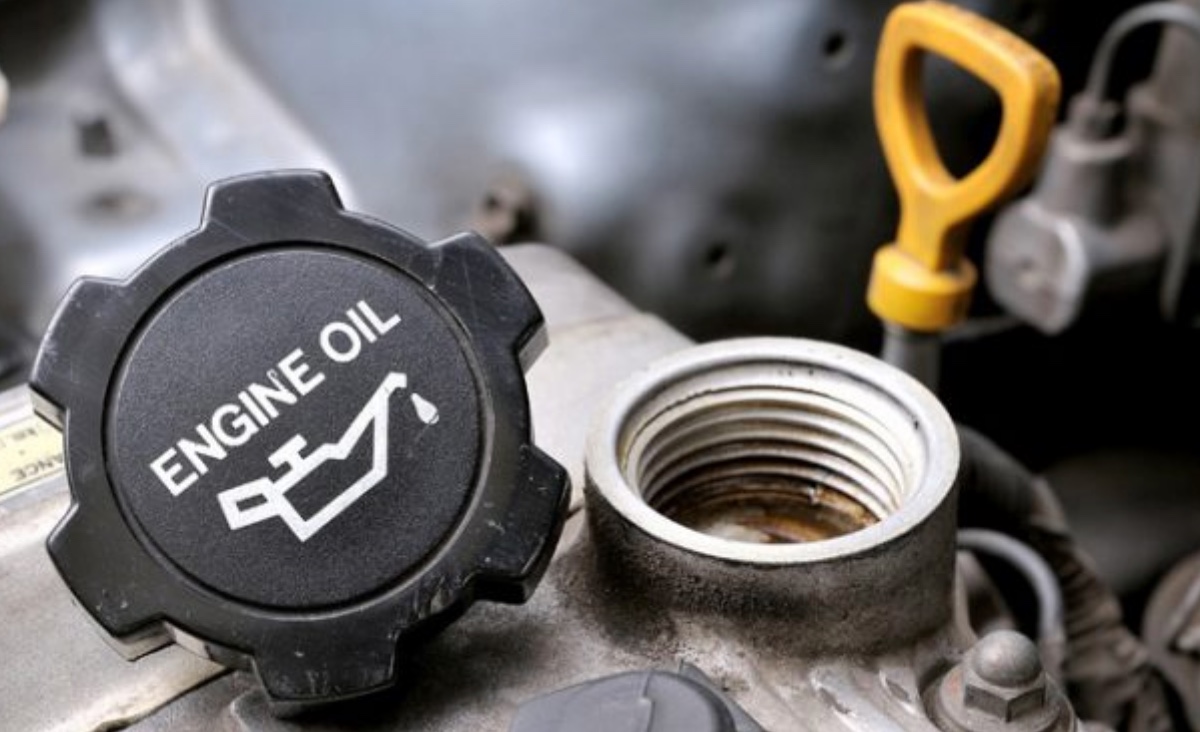Maximize Your Auto'S Efficiency With Regular Oil Modifications
Preserving your car's efficiency is a multifaceted venture, with routine oil modifications standing out as a critical aspect. Fresh engine oil plays a crucial function in making sure optimum lubrication, lowering rubbing, and preventing wear on vital elements. Several motorists forget the indicators that suggest a requirement for an oil modification, potentially endangering their car's long life.
Importance of Normal Oil Modifications
While many cars and truck owners may forget the value of routine oil modifications, ignoring this important maintenance job can bring about severe repercussions for engine efficiency and long life. Engine oil plays an essential function in lubricating relocating components, lowering friction, and preventing getting too hot. In time, oil deteriorates due to exposure to warmth and contaminants, which decreases its efficiency.
Failing to change the oil regularly can cause the build-up of sludge and debris, which can block vital engine elements and result in raised wear. This not just endangers engine performance however can also lead to pricey repairs or perhaps complete engine failing. In addition, old oil loses its ability to reduce the effects of acids created throughout combustion, which can result in deterioration and further damage.
Moreover, numerous automobile producers advise particular oil adjustment periods, typically based on gas mileage or time. In summary, regular oil adjustments are not merely a pointer; they are an important element of liable car maintenance that secures the engine and enhances overall performance.
Benefits of Fresh Oil
Changing to fresh oil supplies various advantages that directly boost engine efficiency and performance. Among the main benefits of fresh oil is its exceptional lubricating homes. New oil minimizes friction in between engine elements, which not only minimizes wear but additionally adds to smoother procedure. This causes improved gas efficiency, as the engine does not have to work as tough to get over resistance.
Additionally, fresh oil properly cleanses the engine by putting on hold contaminants and avoiding sludge buildup. Over time, oil comes to be polluted with dust, steel fragments, and combustion by-products. On a regular basis changing oil makes sure that these dangerous compounds are gotten rid of, promoting a cleaner and much healthier engine atmosphere.
Additionally, fresh oil help in optimum temperature policy. It dissipates warm better, stopping getting too hot and prospective damage to engine elements. This is specifically crucial throughout peak performance situations, where warm accumulation can harm engine functionality.
Indications Your Oil Requirements Transforming
Engine oil is the lifeblood of your automobile, and acknowledging when it requires transforming is crucial for maintaining ideal performance - Oil Change Lockhart. Numerous signs indicate that it's time for an oil modification, and staying vigilant can stop engine damage and costly repairs
First, check the shade and consistency of the oil. Read Full Article Fresh oil is normally brownish-yellow and smooth, while old oil may show up dark and sandy, indicating contamination and decreased efficiency. A change in thickness can also represent that the oil has actually broken down and is no more appropriately oiling engine components.

One more indication is the oil modification light on your dashboard. This alert acts as a pointer that the oil has reached its life-span or that there is an underlying concern needing interest. Furthermore, unusual engine noises, such as knocking or ticking, might suggest inadequate lubrication due to degraded oil.
Lastly, if you see oil spots or pools under your lorry, it may show a leak that necessitates prompt examination and possible oil modification. Being attentive to these indicators will certainly ensure your engine operates smoothly and successfully.
Selecting the Right Oil
Selecting the ideal see here now oil for your vehicle is vital for ensuring optimum efficiency and longevity. Engine oils come in various types and viscosities, each created to satisfy details requirements. The first factor to consider must be the producer's referrals, which can commonly be found in the proprietor's handbook. This guidance will certainly route you toward the proper thickness quality, such as 5W-30 or 10W-40, which indicates the oil's thickness at different temperature levels.
Next, consider the kind of oil: traditional, artificial, or Find Out More a blend. Standard oil is originated from crude oil and appropriates for older vehicles, while synthetic oil provides superior security and performance for modern-day engines, specifically under extreme problems. Artificial blends combine the benefits of both and are commonly an economical option.
In addition, look for oils that meet market requirements, such as API (American Petroleum Institute) or ACEA (Association des Constructeurs Européens d'Automobiles) accreditations. These indicators make sure that the oil has actually been evaluated for top quality and performance. Ultimately, choosing the appropriate oil not just boosts engine performance however also contributes to the total wellness of your car, leading the way for smoother driving experiences.
Oil Change Frequency Recommendations

Variables influencing oil change frequency consist of driving problems, such as stop-and-go web traffic, severe temperatures, and lugging hefty lots. Under severe conditions, it could be sensible to alter the oil a lot more frequently to stop engine wear. Furthermore, some modern-day cars come furnished with oil life monitoring systems that supply individualized referrals based upon driving routines, which can further optimize the oil modification timetable.
It's important to consult your proprietor's guidebook for specific referrals customized to your automobile. Sticking to these standards not just maintains engine health and wellness however likewise enhances gas performance and minimizes exhausts. To conclude, normal oil changes, timed properly based upon numerous aspects, are a basic element of lorry maintenance that can dramatically impact efficiency and durability.
Final Thought
